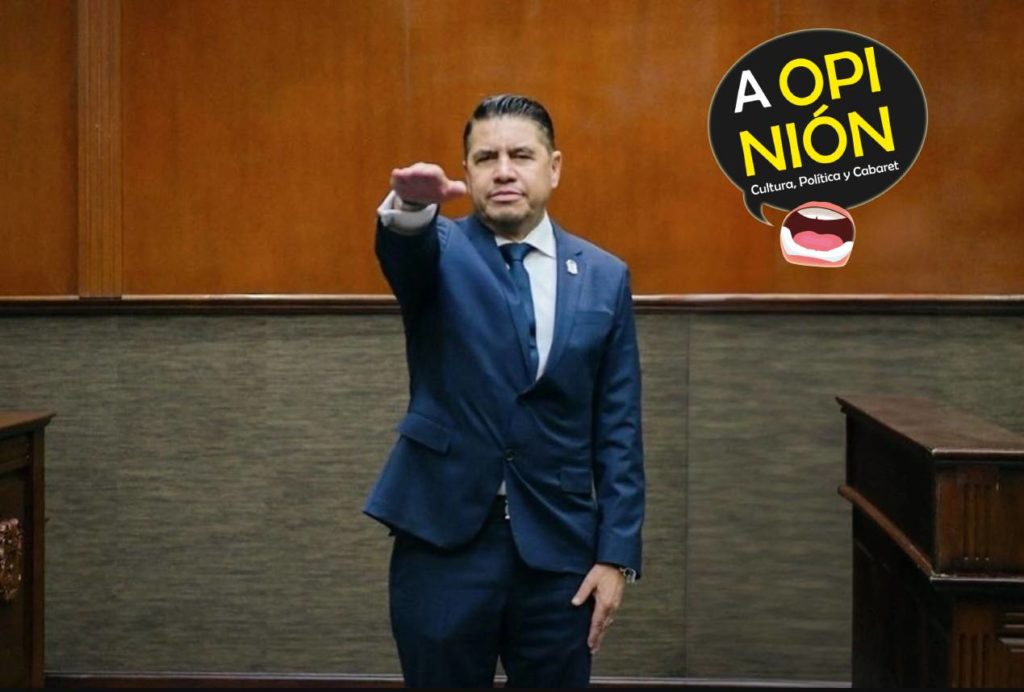Aguascalientes Opina – February 26, 2025

A Predictable Appointment and the Challenges of the Prosecutor’s Office in Aguascalientes
By Aníbal Salazar
The recent appointment of Manuel Alonso García as Attorney General of the State of Aguascalientes has not been without controversy. With 20 votes in favor, 1 against, and 5 abstentions, the 66th local Legislature ratified an appointment that, for many, was decided in advance.
Beyond the questions surrounding the selection process, the new Attorney General faces monumental challenges. The State Attorney General’s Office is responsible for investigating and prosecuting crimes, as well as ensuring criminal justice is impartial and efficient. One of the main challenges it faces is decades of backlog in forensic analysis, investigation, and victim assistance, which has generated deep distrust among citizens and a deficient justice system.
Morena Senator Nora Ruvalcaba Gámez denounced that Alonso García’s appointment was not based on merit but rather on a political strategy. This claim is particularly relevant in a context where the autonomy of state prosecutors’ offices is a key factor in ensuring a solid rule of law.
The legislative debate before the vote revealed deep divisions between political factions. While Morena lawmaker Fernando Alférez Barbosa argued that the process was flawed and that the proposed candidates did not meet the necessary requirements, PRD legislator Emmanuel Sánchez Nájera refuted these claims, stating that the candidates had indeed gone through interviews and met the required criteria. Nonetheless, controversy persists, and it is possible that the Supreme Court of Justice of the Nation will eventually intervene, as Alférez Barbosa predicted.
The insecurity in Aguascalientes demands an Attorney General’s Office that operates with independence and efficiency. Citizens expect Manuel Alonso García, beyond his ties to the current state government, to demonstrate the ability to reduce impunity and ensure access to justice. His performance will be crucial in determining whether his appointment was an institutional success or, as his critics argue, a political maneuver to protect particular interests.
In the coming years, the credibility of the Attorney General’s Office will depend on its ability to act autonomously. If Manuel Alonso García can demonstrate independence and a commitment to justice, his appointment could be justified beyond the controversy. Otherwise, it will be yet another episode in the long history of appointments based more on political calculations than on the needs of the citizens.



